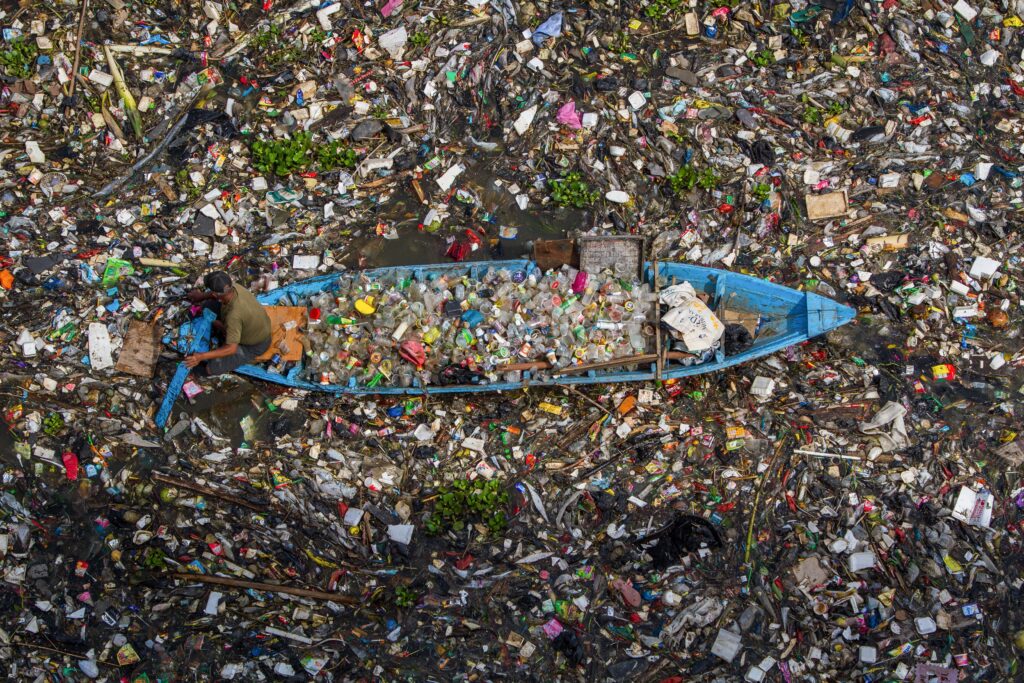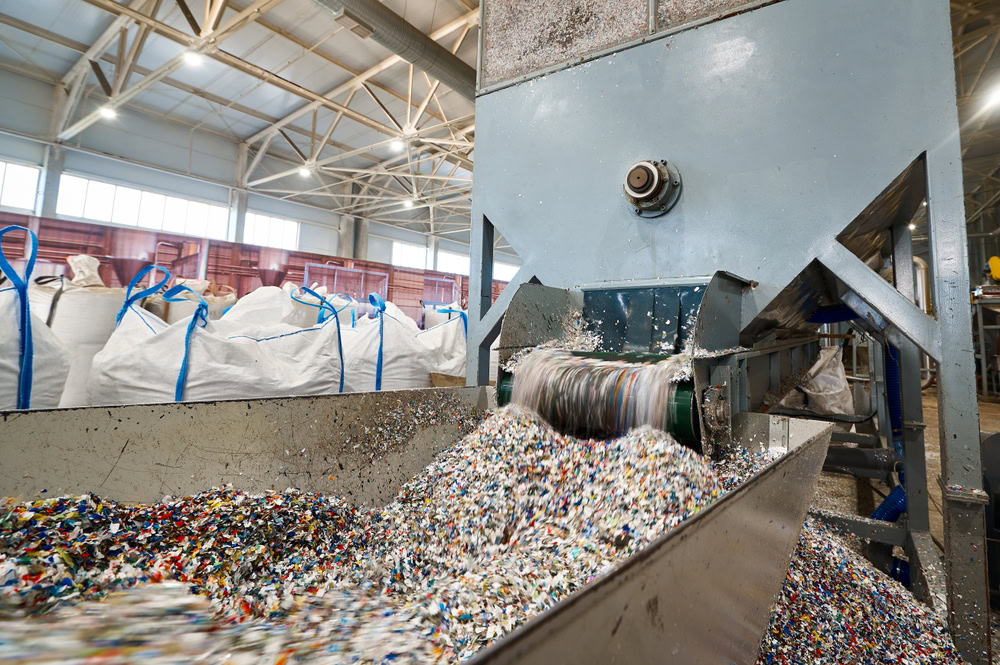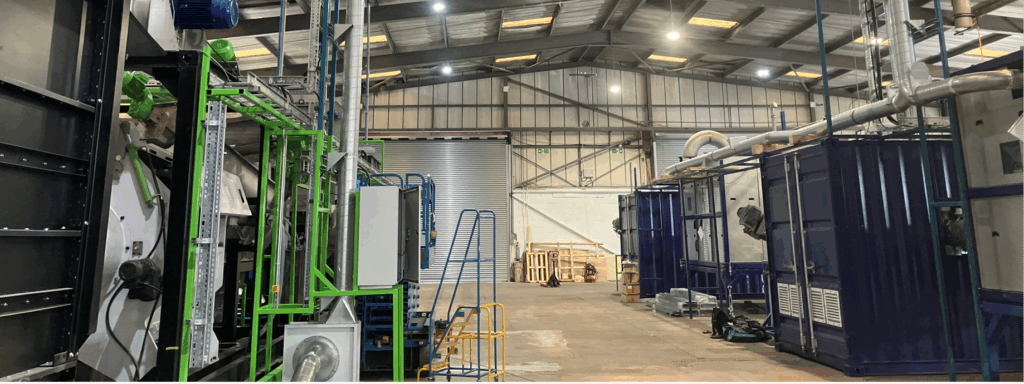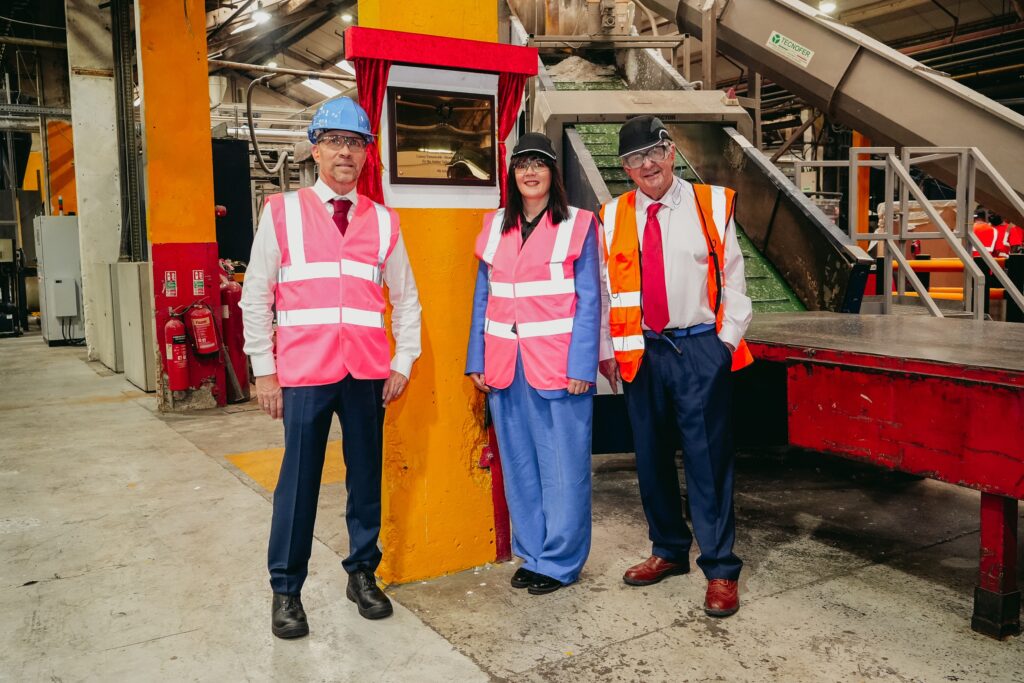The sixth round of the negotiations (INC-5.2) for a Global Plastics Treaty are scheduled to take place in Geneva, Switzerland from 5 to 14 August 2025.
The negotiations seek to create a legally-binding worldwide treaty to eliminate plastic pollution by 2040.
The previous round of the negotiations (INC-5) ended on 1 December 2024 in Busan, South Korea without stakeholders having reached an agreement.
MPs on the Environment, Food, and Rural Affairs (EFRA) Committee wrote to Defra minister Emma Hardy yesterday (16 July 2025) with a series of recommendations.
MPs stressed that it is vital that the negotiations reach an agreement which includes targets on reducing the production of plastics.
It follows an evidence session held on 8 July 2025 at which MPs hear from two panels which included Greenpeace UK and several academic experts.
In the session, a plastic pollution expert told MPs that “it is… really clear that the rate of [plastic] production is escalating away at an exponential rate from our ability to manage that waste.”
‘Championing openness and transparency’
The chair of the EFRA Committee, Alistair Carmichael MP, said: “In 2022, our predecessor committee found that global plastic waste was forecast to almost triple by 2060.
“At the time, it welcomed the fact that the then government had signed up to the UN’s Intergovernmental Negotiating Committee, to reach a legally binding agreement to address the problem.
“It is unfortunate that the scheduled final round of talks in November failed to reach an agreement.
“As we look ahead to the talks in Geneva in August, it is essential that our government pushes for the inclusion of targets to reduce the production of plastic and it should refuse to sign any treaty that does not contain this key commitment.
“During our gathering of evidence, we were disturbed to hear that independent scientists taking part in the treaty negotiations can face significant pressure and, in some cases, even reported threats.
“The UK delegation must champion the highest standards of openness and transparency at the negotiations, and it should call out any behaviour witnessed which falls short of this.
“Plastic pollution is a global problem that requires international cooperation. We hope to see the talks in August achieve a bold agreement to deal with the issue and urge the UK government to be a strong advocate for maximising ambition.”
Why did the Global Plastics Treaty negotiations fail to reach a consensus?
Three main disagreements led to the failed last round of negotiations, which was meant to be the last.
Firstly, over 200 assembled nations debated whether the treaty’s scope should focus solely on post-consumer waste or the entire lifecycle of plastics, including production.
Secondly, the negotiations struggled to agree on a definition for “plastic pollution”. Some nations argue it includes emissions and hazardous substances from production, while others believe it pertains only to end-of-life management.
Lastly, there was disagreement over the course of the five negotiations as to whether the treaty should enforce binding commitments or remain voluntary, reflecting differing national priorities and capacities.








Subscribe for free